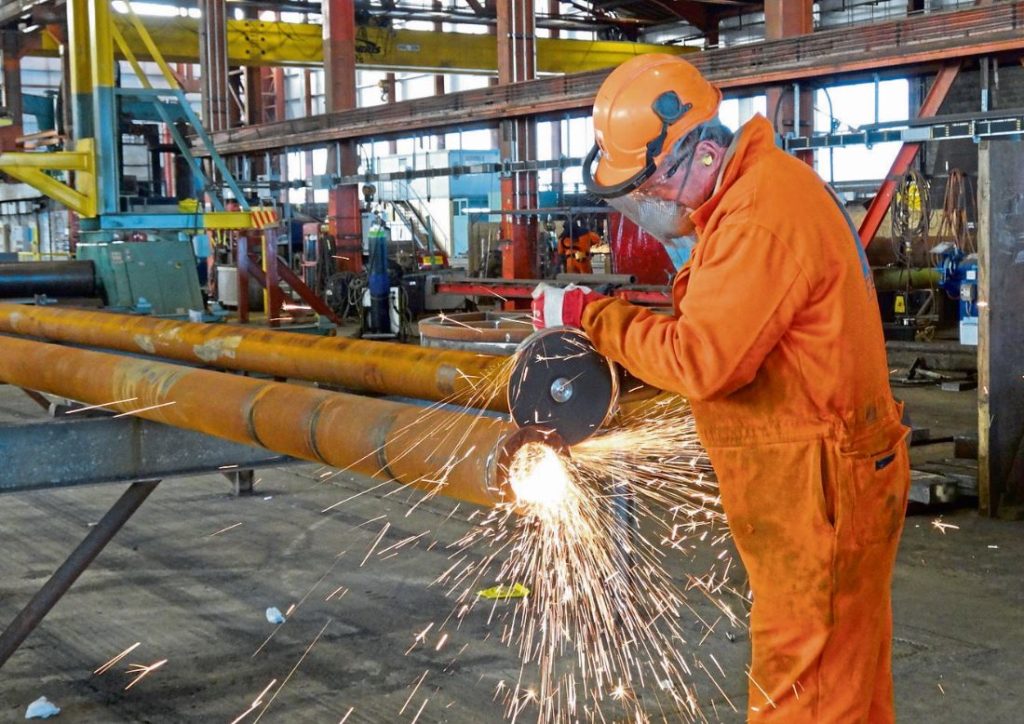
Few would disagree that the Covid-19 pandemic has made 2020 the most disruptive and distressing year in recent living memory. The effect on people’s lives and the thousands of deaths caused by this awful virus will be etched in our minds for a long time to come.
What’s more, the impact on the economy has been extremely damaging and it has been extremely painful seeing the number of energy sector job losses rising, the fall in exploration and the tail off in activity relating to UKCS projects.
Despite recent small improvements in the oil price, watching for meaningful signs of an upturn in activity is a fruitless exercise. The supply chain always feels the brunt of the downturn but some smaller independent operators are also finding their businesses under pressure like never before.
Similarly, the much hoped for increase in decommissioning activity simply has not happened due to the pandemic and the hit on operator cash flows.
As of now, the oil and gas industry is in limbo and I remain unconvinced that the imminent availability of a Covid vaccine will lead to a sudden reversal of fortunes.
Habits have changed for the better, mostly. For example, commuting and fuel demand have declined. Many companies have realised that some form of hybrid working is now the way forward. Smaller offices result in lower costs, less energy use and less stress by working from home. Overseas business travel has fallen as well. The various internet video conferencing software packages have probably ensured that much of it will never return.
Then there is the pressure to “build back better” – the need to see the economic recovery as a means of instigating a more rapid and comprehensive energy transition.
On the energy transition front, one of the biggest visible setbacks has been the failure of BiFab to become a major builder of offshore wind turbine foundations. This is par for the course given Scotland’s apparent inability to develop a meaningful, net-zero, high-value manufacturing supply chain in any but a few niche areas such as tidal turbines.
Another area of disappointment for me has been in research and development. I cannot think of a single piece of work that has got me even mildly excited. The R&D effort seems to have stalled.
I am happy to be corrected but I also cannot think of a single piece of new mainstream energy related technology that has come out of one of the 16 Scottish universities this year.
European and US universities and research institutions seem to produce a constant flow of new highly beneficial industry friendly R&D work. Scotland’s position is unsustainable.
Following BiFab’s recent failure to secure work on a major wind farm project off Scotland, chairman of the Just Transition Commission Prof Jim Skea told the Scottish Government: “We are in no doubt of the significant opportunity we have here in Scotland to build and grow our net-zero economy. However, without concrete action and investment we risk repeating the situation we find ourselves in currently, with jobs and economic prosperity lost abroad.”
I could not agree more.
This brings me to my view on the prospects for 2021.
While the effects of the pandemic may ease, the impact of Brexit will begin to show through so the economy will almost certainly decline further.
This suggests that 2021 could be an even worse year for most of the UK energy industry, while other countries begin to recover. Given the lead many already have, particularly in relation to net-zero technologies, this implies Scotland will end 2021 even further behind.
I am assured the Scottish Government’s Hydrogen Assessment Project report will be published before Christmas, but I do not believe this will help create an indigenous hydrogen technology supply chain in the same way previous reports on wind haven’t led to the establishment of a wind technology supply chain.
It will, however, feed into a Hydrogen Policy Statement and Hydrogen Action Plan, presumably sometime in 2021. Meanwhile, much of the rest of the world is already rolling out the technology.
In any event, with major energy suppliers such as the Spanish-owned ScottishPower doing deals with ITM in England and NEL in Norway on electrolyser supply, we have probably already lost that opportunity, as we did with wind and solar.
Good news though: under Boris Johnson’s 10 Point Plan to save the planet, Scotland has been given the job of planting lots of trees. So, companies selling shovels should be fine.
Also, Trump’s going, the planet can breathe a partial sigh of relief.
Merry Christmas
Dick Winchester is a member of the Scottish Government’s energy advisory board
Recommended for you
